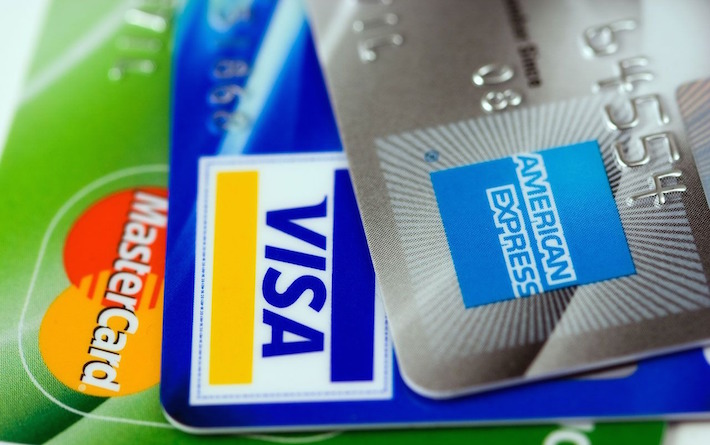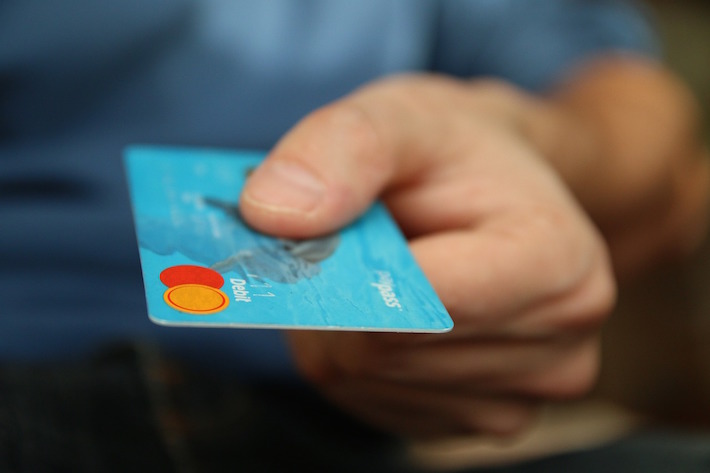
Wotif gives 20 million back to its users after abandoning cruel charging practices
Last updated on May 23rd, 2022
Easter means higher prices thanks in part to public holiday surcharges. If you're in the midst of making holiday plans, there is some good news. Wotif has dumped its $5.50 'booking fee'. It has also dropped the $16.95 charge for flights with full-service airlines and flights with low-cost carriers now attract a reduced fee of $9.95. How lucrative are these surcharges for companies? It's expected consumers could save as much as $20 million a year from these changes made by Wotif.
But surcharges have gone beyond public holidays. There’s airlines – 'fuel surcharge', room service – 'delivery charge', taxis – 'booking fee', restaurants and cafes – 'cakeage', 'corkage' and a surcharge for a 'group booking'. Even a concert ticket purchase comes complete with booking and ticketing fees. I’m sure you’ve got a few more of your favourites to add to the list!
So, what’s happened over the last decade that has seen surcharges become so prevalent in our daily lives? Is this a trend set to continue in the future?
In short, yes, we need to become accustomed to encountering a surcharge no matter what it's called. The main reason these extra fees have become so popular is because businesses now rely on third party providers to deliver goods and services to customers.
For example, purchase a ticket to a footy match and you’re be charge a ‘ticket fee’ of between $6-$9. That’s the company that runs the ticketing system charging for the service they provide.
It’s also partly due to the convenience we all expect. Paying for things online and without cash. That's where the 'credit card surcharge' is applied.
So, what are the most complained about surcharges? These industries are leading the way:
-
- Airlines
- Taxis
- Ticketing agents
- Restaurants and cafes
- Car hire
There have been big changes in surcharges in recent times. The Australian Competition & Consumer (ACCC) overturned a decision it made in mid-2009 for weekend and public holiday surcharges applied by restaurants and cafes. In line with its Component Pricing requirement, restaurants and cafes were required to display menus with the total price. That ment, if they wanted to impose a surcharge on certain days, they needed a separate menu. Restaurant and cafe owners were unhappy with these changes. Yielding to industry pressure, the ACCC backflipped and the rules were overturned with the previous system was restored. We again only see one menu with surcharges listed as an item and not calculated for us.
Now for a win for consumers. The Victorian Government then the New South Wales Government required Cabcharge to reduce its ‘Service Fee’ from 10 per cent to 5 per cent. Whether a ‘Service Fee’ is really a surcharge was a hotly discussed issue for this change.
Our cashless, online world is definitely more convenient, but we don't think the fees imposed on us always match the cost of service delivery to businesses. We've compiled our top tips for what can you do to when faced with a surcharge and where do you go to complaint about the amount?
Here are our top tips for recognising (and avoiding) surcharges:
1. Cost to businesses
Businesses can choose NOT to pass on credit card costs to customers. Around two thirds of retailers DON’T apply credit card surcharges. Evaluate options using the total price.
The cost to businesses varies between industries but the average cost for retailers is 0.87 per cent for MasterCard and Visa and 1.84 per cent for American Express.
2. Rules for credit card surcharge
In early 2013, the RBA introduced new rules to limit credit card surcharge fees. The rules don’t stop merchants from charging a fee but requires that only “the reasonable costs of card acceptance” be passed on to consumers.

3. Pay with cash, where possible
Major supermarkets offer fee free EFTPOS withdrawal if your bank’s ATM isn’t close by.
4. A surcharge by another name
Look out for a surcharge by another name – such as a ‘Service Fee’, ‘Handling Fee’ and ‘Delivery Fee’
5. Refund requests
When requesting a refund for a product or service, include any surcharges or fees in your refund request amount.
6. Hit with an excessive surcharge?
Credit card providers such as Visa and MasterCard are supposed to be policing the RBA reforms.
Complain to your credit card provider and the merchant. Report the trader to ACCC.
Got another favourite charge to add to the list? Or perhaps a tip to avoid paying an unnecessary fee. Add your advice in the comments section below.
Source: jarmoluk/Republica/Pixabay






